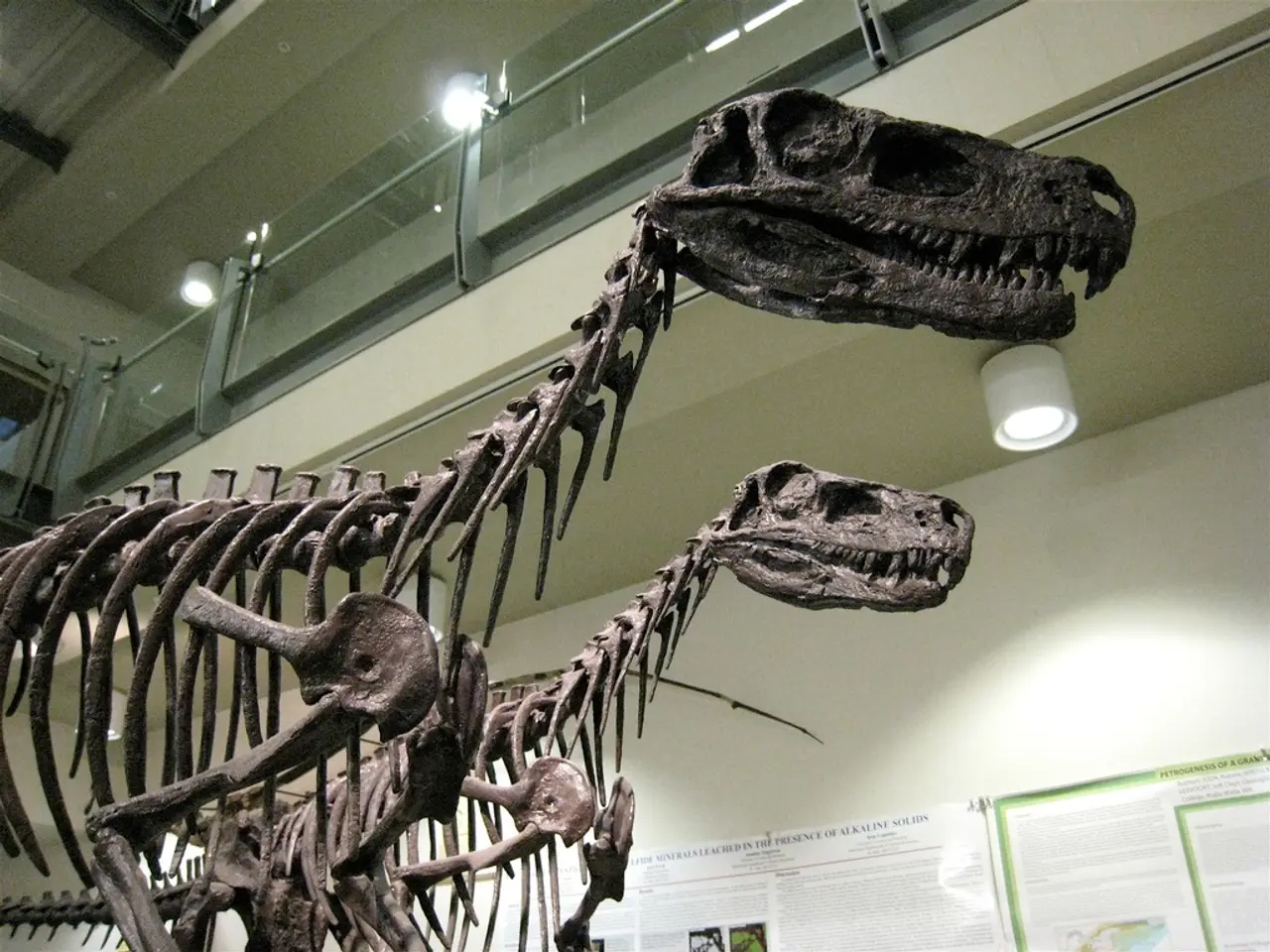Senate-approved latest Trump bill revisions unveiled
The Republican-backed tax and spending cut bill, dubbed "The One, Big, Beautiful Bill," is making headlines for its ambitious plan to deliver significant tax cuts, spending changes, and policy shifts. The bill, which is approaching a final House vote, could have far-reaching implications for millions of American families.
The bill promises the largest tax cut in American history, with typical families receiving up to $10,900 additional take-home pay and workers seeing wage increases up to $7,200 annually. Households earning less than $100,000 will receive a 12% tax cut compared to current law. The bill also eliminates taxes on tips, overtime pay, and car loan interest, providing targeted tax relief for seniors and tipped workers.
The Child Tax Credit is locked in and increased to $2,200 for over 40 million families, while the Standard Deduction is further increased to $31,500 for families. The bill also expands 529 education savings accounts and education choice programs, and permanently expands the child care credit, paid leave tax credit, adoption tax credit, child and dependent care credit, and Flexible Spending Accounts (FSAs).
However, the bill also includes some contentious provisions. It imposes harmful Medicaid restrictions, including work reporting requirements, increased cost-sharing for enrollees, more frequent eligibility checks, and the elimination of access for many lawfully present immigrants. The Congressional Budget Office estimates that these changes could cause about 11.8 million Americans to lose Medicaid coverage over the next decade.
The bill also blocks Medicaid coverage for undocumented immigrants and includes cuts to Medicare and the Supplemental Nutrition Assistance Program (SNAP, or food assistance). Critics argue that these changes will increase poverty and food insecurity, destabilize the healthcare system, and disproportionately harm older adults, people with disabilities, children, and low-income families.
While the bill offers substantial tax cuts aimed at boosting wages, supporting families, and fostering job creation, it does so by enacting some of the largest cuts to health and nutrition programs in history. This raises concerns among critics who argue that the bill prioritizes tax relief for mostly higher-income households and businesses at the expense of essential health and social safety net programs.
The bill includes other provisions as well, such as a provision in the bill that expands the Radiation Exposure Compensation Act for those impacted by nuclear development and testing. The Senate bill strips out a new tax on wind and solar projects that use a certain percentage of components from China. The bill also provides $350 billion for Trump's border and national security agenda, including funding for the U.S.-Mexico border wall and migrant detention facilities.
The bill could lead to 11.8 million more Americans becoming uninsured by 2034 if it becomes law. The Senate bill establishes Trump's long-sought "National Garden of American Heroes." The bill includes a cap on state and local deductions, called SALT, which would quadruple to $40,000 for five years. The bill also includes new 80-hour-a-month work requirements for many adults receiving Medicaid and food stamps, including older people up to age 65.
In summary, the bill combines aggressive tax reductions and credits aimed at working families and businesses with significant cuts and new restrictions on Medicaid and food assistance programs, leading to major losses in health coverage and support for millions of vulnerable Americans. The bill's final outcome remains uncertain, as it continues to be debated in the House and Senate.
The Republican-backed tax and spending bill, under general-news headlines, includes a provision that eliminates taxes on tips, overtime pay, and car loan interest, providing targeted tax relief for seniors and tipped workers.
Political debates continue over the bill's contentious provisions, such as the imposition of work reporting requirements and increased cost-sharing for Medicaid enrollees, consequences that may cause millions of Americans to lose their Medicaid coverage according to the Congressional Budget Office.








